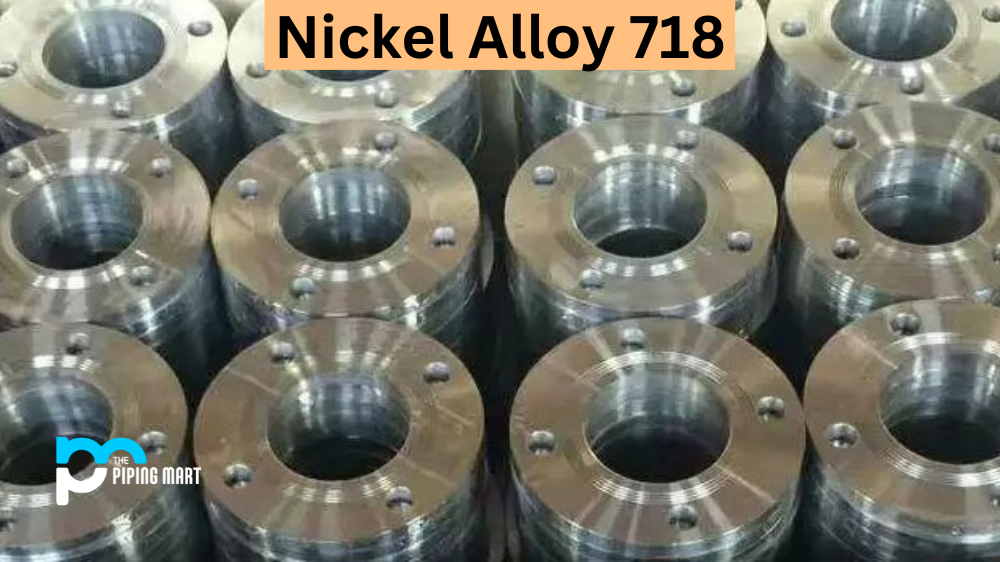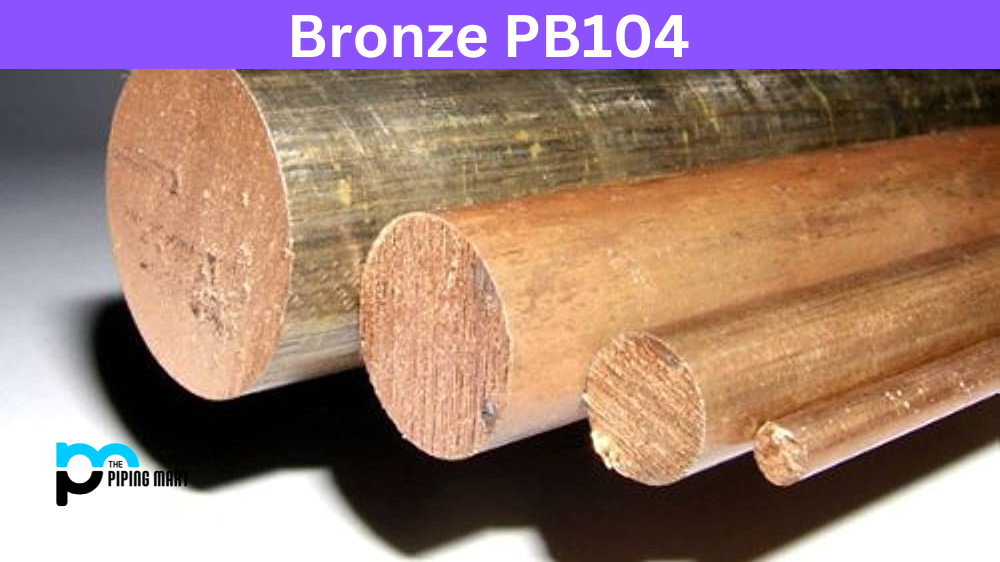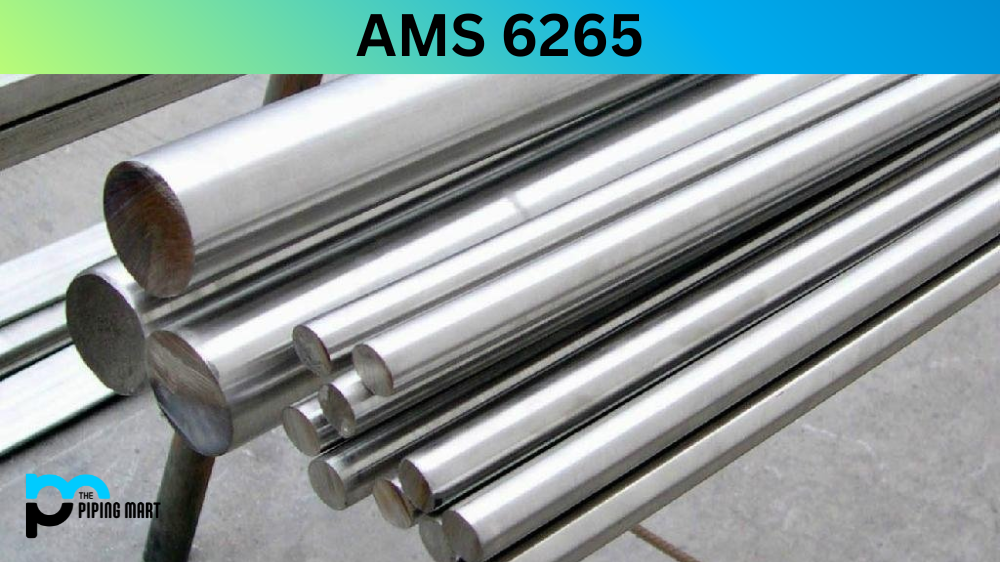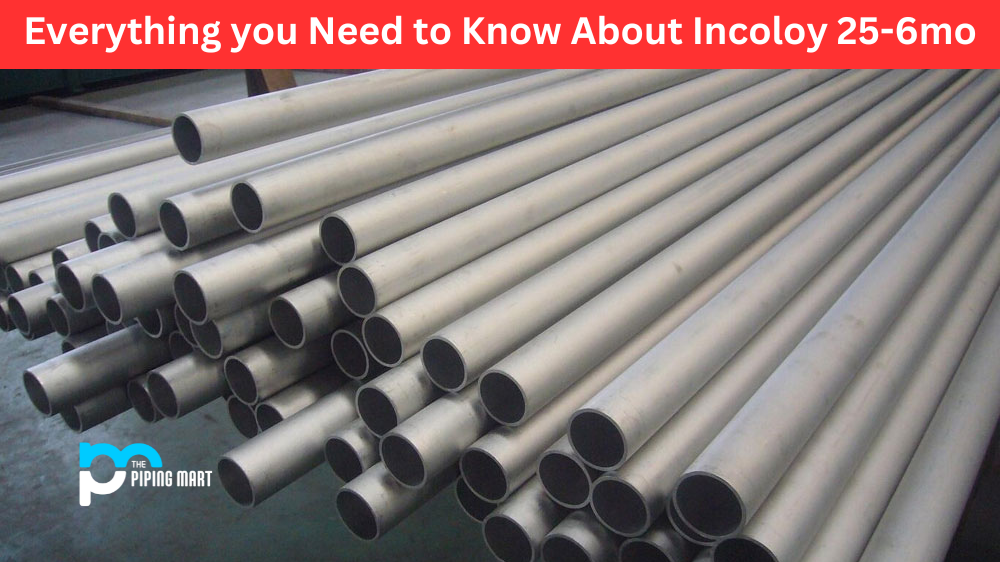Nickel alloy 718 is a high-strength, corrosion-resistant material with a wide range of industrial applications. It’s composed of nickel, chromium, and iron and contains trace amounts of other elements, such as titanium and cobalt. This metal alloy is strong yet ductile, making it highly versatile in its uses. In this blog post, we’ll cover the composition and properties of nickel alloy 718, as well as some common industrial uses for this versatile material.
Nickel Alloy 718 Composition
Nickel alloy 718 consists primarily of nickel (a minimum of 50%), chromium (17-21%), iron (2.8-3.3%), niobium/tantalum (4.75-5.50%), cobalt (1% max.), titanium (0.65% max.), aluminium (0.2% max.), manganese (0.35% max.), carbon (.08% max.), sulfur (.015% max.) and molybdenum (.35% max.). The balance is made up of trace elements that make up less than 0.1%.
| Element | Min | Max |
|---|---|---|
| C | – | 0.08 |
| Si | – | 0.35 |
| Mn | – | 0.35 |
| P | – | 0.015 |
| Al | 0.2 | 0.8 |
| B | – | 0.6 |
| Co | – | 1 |
| Cr | 17 | 21 |
| Cu | – | 0.3 |
| Fe | Balance | |
| Mo | 2.8 | 3.3 |
| Nb | 4.75 | 5.5 |
| Ni | 50 | 55 |
| Ti | 0.65 | 1.15 |
Nickel Alloy 718 Physical Properties
Nickel Alloy 718 is a nickel-based alloy with high strength and corrosion resistance. Its physical properties make it an excellent choice for use in extreme environments, especially those containing hydrogen sulfide. Its tensile strength of 300 ksi (2070 MPa) allows it to keep its structure even under great stress and temperature cycling, while its creep strength is ten times higher than that of austenitic stainless steel. In addition, the alloy has a low coefficient of thermal expansion, which makes it suitable for many applications. Nickel Alloy 718 remains tough even at temperatures as cold as -423°F (-253°C). These physical properties make it the go-to material, particularly in industries such as aerospace engineering, nuclear power plants, and chemical processing.
| Specific Heat (0-100°C) | 435 | J.kg-1.°K-1 |
| Thermal Conductivity | 11.4 | W.m -1.°K-1 |
| Thermal Expansion | 13 | μm/μm/°C |
| Modulus Elasticity | 200 | GPa |
| Electrical Resistivity | 1.32 | μohm/cm |
| Density | 8.19 | g/cm3 |
Nickel Alloy 718 Mechanical Properties
Nickel alloy 718 is a high-strength, corrosion-resistant superalloy that can be used across many industries. Its mechanical properties make it an excellent choice in aerospace applications and settings with extreme temperature or pressure conditions. Its resistance to oxidation and other forms of damage means it can be welded, machined, and cold-worked without spinning or stressing the material. Nickel alloy 718’s ability to form well with heat treatment processes such as annealing and quenching makes it a suitable fit for many fabrication projects that require high-tensile strength materials. Further, its thermal expansion rate is relatively low, meaning there is less risk of parts distorting during hot operation processes. Knowing its mechanical properties can help designers better select alloys for their projects and ensure they have a successful outcome.
| Temper | Solution-treated | |
|---|---|---|
| Tensile Rm | 155 | ksi (Max) |
| Tensile Rm | 1069 | MPa (Max) |
| R.p. 0.2% Yield | 95 | ksi (Max) |
| R.p. 0.2% Yield | 655 | MPa (Max) |
| Elongation (2” or 4D gl) | 30 | % (min) |
Nickel Alloy 718 Properties
Nickel alloy 718 has excellent strength at temperatures above -423 degrees Fahrenheit (-253 degrees Celsius). It also has good weldability and formability under both hot and cold working conditions, with high levels of corrosion resistance to many environments, including both oxidizing acids and reducing media. Its other properties include great fatigue resistance, creep resistance at elevated temperatures, good thermal conductivity, low magnetic permeability, low thermal expansion coefficient from cryogenic to moderate temperatures, oxidation resistance up to 2200 degrees Fahrenheit (1200 degrees Celsius), excellent surface stability even in hostile environments and ease of fabrication machining due to its uniform structure.
Nickel Alloy 718 Uses
Due to its combination of physical properties such as strength, corrosion resistance, and formability at both hot or cold working conditions, nickel alloy 718 can be used in numerous applications such as aerospace components, including landing gear systems; electrical components; medical implants; fasteners; valves; nuclear components; gas turbine engine parts; downhole shafts; springs; injection moulds; cryogenic vessels; heat exchangers; pressure vessels etc. Nickel Alloy 718 also offers great performance in nuclear reactors because it can withstand high radiation without losing its mechanical properties or corroding easily when exposed to water or steam over time, as other alloys do in these types of applications.
Conclusion
Nickel alloy 718 is an incredibly useful metal for a variety of industries due to its combination of strength at high temperatures along with its ductility, which allows it to be formed into various shapes for different uses while still retaining its physical properties despite being exposed to harsh environments or corrosive materials over time. With the right compositions and proper processing techniques, this metal can be utilized in a variety of ways, from aerospace components to medical implants. That’s why Nickel Alloy 718 is one of the most popular alloys on the market today, so if you are looking for an optimal solution for your application, consider using this highly durable and reliable material.
Meet Heer, a dynamic and driven writer learning tricks of her trade in the metal industry. With a background in Digital Marketing, Heer brings a unique perspective to her writing, sharing valuable insights. Apart from blogging she like reading and hiking.




